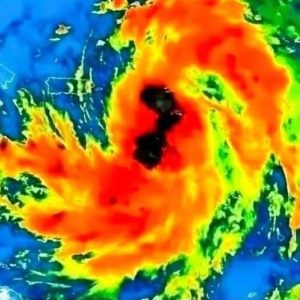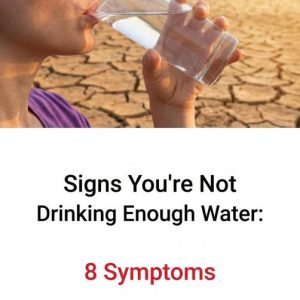Heart attacks often come with warning signs, allowing individuals to take timely action. Dr. Smith, a cardiologist, emphasizes these indicators: “Chest discomfort, especially spreading to the arms, neck, or jaw, is a primary warning.” Shortness of breath and sweating are notable signals. Dr. Smith advises, “Pay attention to persistent fatigue, dizziness, or nausea, as they can be precursors.”
Listen to Your Body
Understanding your body’s signals is crucial. Dr. Johnson, another expert, says, “If you experience unexplained discomfort lasting more than a few minutes, don’t ignore it.” These warning signs are especially critical for those with risk factors like diabetes or high blood pressure.
Immediate Action Matters
Dr. Turner stresses immediate action: “Call emergency services at the first sign. Quick response significantly improves survival chances.” It’s crucial not to downplay symptoms, as early intervention is key.
Risk Factors and Lifestyle Changes
Recognizing risk factors, such as age and family history, is vital. Dr. Harris advises, “Adopting a heart-healthy lifestyle, including regular exercise and a balanced diet, can significantly reduce these risks.”
Conclusion: Stay Informed and Act Promptly
Being aware of heart attack warning signs and addressing them promptly is pivotal. Dr. Turner underscores, “Educating oneself and others can save lives. Don’t underestimate the importance of timely action in a potential heart attack scenario.”





